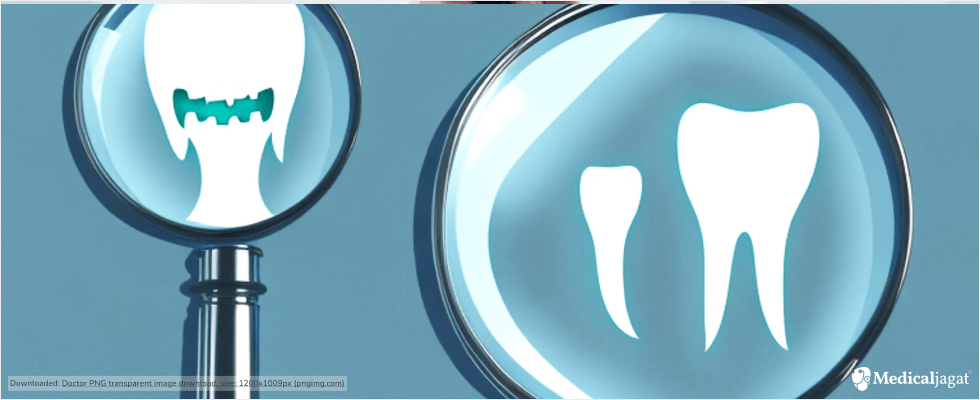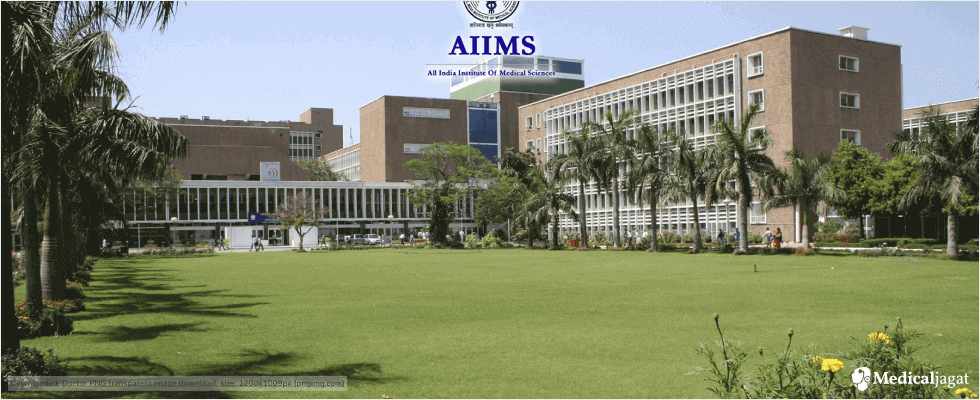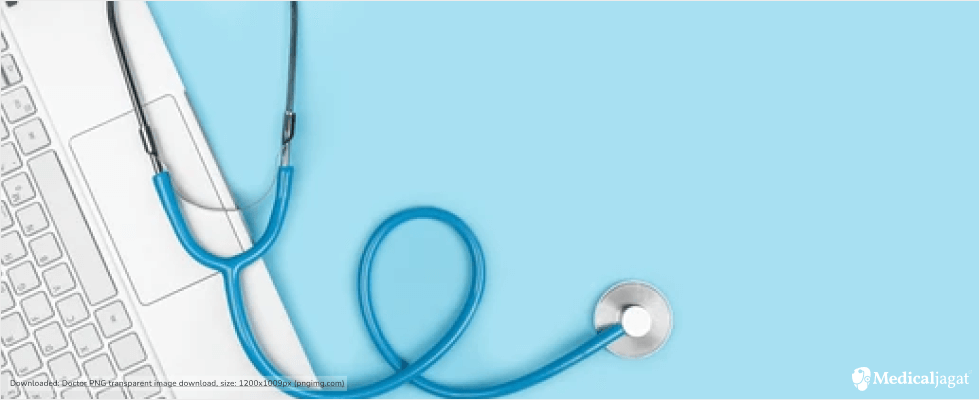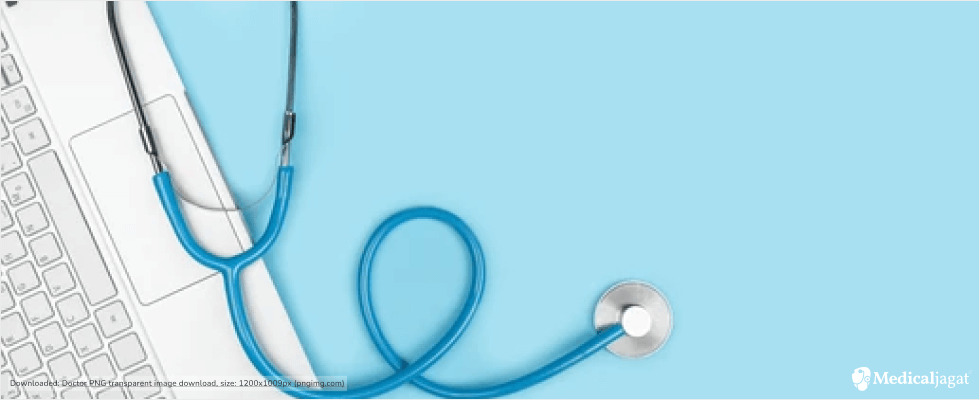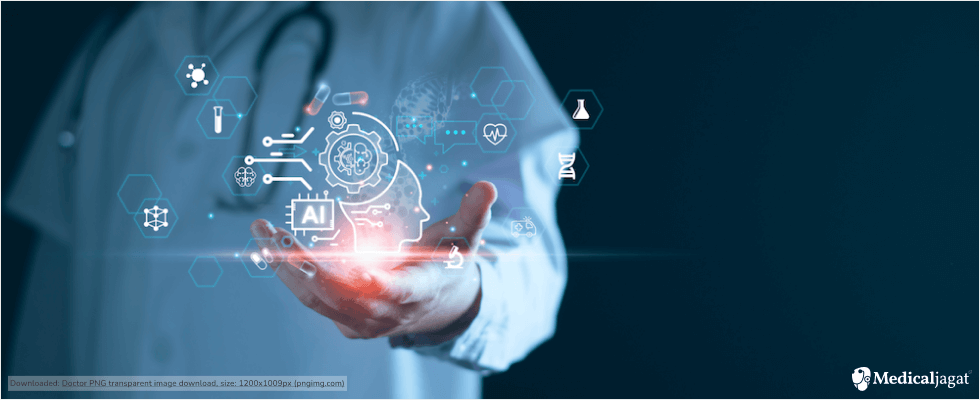
In today’s fast-paced world, heart disease remains a constant threat, requiring more than traditional treatment approaches. A convergence of advanced technology, medical breakthroughs, and a data-driven mindset has led to a paradigm shift in managing, treating, and even predicting heart health.
Artificial intelligence (AI) and wearable devices are at the forefront of this transformation, revolutionizing cardiac care with enhanced precision, accessibility, and personalized treatment. This new era goes beyond reacting to symptoms; it focuses on anticipating them before they appear.
In the post-pandemic era, telemedicine platforms have laid the groundwork for the accelerated evolution of healthcare, which is expected to continue in the coming years. These services have improved access to care and provided seamless remote consultations, breaking barriers for patients in rural areas or those with limited mobility. Virtual cardiac rehabilitation programs, offering supervised exercise regimes and education, have empowered patients to rebuild their health without the need for frequent hospital visits.
However, the future of cardiac health lies not only in treatment but also in prevention and better disease management. This is where devices and advanced technology innovations will play a pivotal role in advancing cardiac care.
Wearable Technology: A New Pulse in Heart Health
Wearable devices, ranging from fitness trackers and smartwatches to cardiac monitors, have evolved into powerful tools for heart health management. These devices offer real-time heart rate monitoring and can detect early signs of arrhythmias, such as atrial fibrillation, allowing individuals to adjust their daily routines to manage stress and exercise more effectively.
Remote monitoring technologies further enhance this by enabling healthcare providers to track patients’ health remotely. Patients can share data from their devices with doctors, facilitating timely interventions and personalized care. Insertable cardiac monitors (ICMs), for instance, are tiny devices placed under the skin to monitor heart rhythms continuously. These devices wirelessly transmit data via Bluetooth to a patient’s smartphone and then to their healthcare provider, enabling real-time monitoring and reducing the need for hospital visits.
Ajay Singh Chauhan, General Manager for Abbott’s cardiac rhythm management business in India, SEA, HK, Taiwan, and Korea, explains, "Today, advanced smart healthcare technology is transforming care through device compatibility. Cardiovascular technology is being designed to connect with a network of care services, relaying data and insights in real time to healthcare providers. This empowers patients to live with more confidence and freedom."
AI: The New Architect of Diagnosis and Personalized Cardiac Care
Artificial intelligence holds immense potential to disrupt traditional healthcare delivery, particularly in cardiovascular care. Machine learning algorithms can analyze vast amounts of data from medical records, wearables, and genetic information to accurately forecast patient risks. AI not only identifies potential issues but also customizes treatment pathways, ensuring that care is personalized and precise.
AI integration in imaging technologies, such as optical coherence tomography (OCT), is also improving patient outcomes. AI software provides doctors with enhanced decision-making tools for heart health, offering a comprehensive view of blood flow and arterial blockages, particularly in coronary stent procedures. Tushar Sharma, General Manager for Abbott’s vascular business in India and South Asia, emphasizes, "Our AI-driven software improves physician and patient experience by increasing diagnostic accuracy and optimizing treatment applications, especially in stent placements."
Combined with minimally invasive therapies and innovative devices like pacemakers and defibrillators, AI is driving a new era of precise, patient-centric cardiac care.
Leading the Way with Innovative Medical Devices
Global healthcare companies are reshaping the landscape of cardiac care with breakthrough devices. Innovations such as transcatheter mitral valve repair devices and transcatheter aortic valve replacement (TAVR) technologies offer minimally invasive procedures with exceptional outcomes, reducing recovery times and improving patients’ quality of life.
The Future Lies in Technology
India has seen a sharp rise in heart attacks among young adults in their 30s and 40s. According to the Indian Journal of Medical Research's October 2023 report, heart attacks were responsible for up to 45% of deaths in the 40-69 age group. This surge underscores the urgent need for a proactive approach to heart health.
Technological advancements promise to transform cardiac care by shifting from reactive to proactive models focused on prevention and preparedness. Looking ahead, we have the opportunity to reimagine cardiac care not as a series of treatments but as a holistic, technology-driven approach. Leveraging innovations like AI diagnostics, telehealth platforms, and wearable monitoring devices will empower individuals to take control of their heart health, fostering a healthier future for all.


